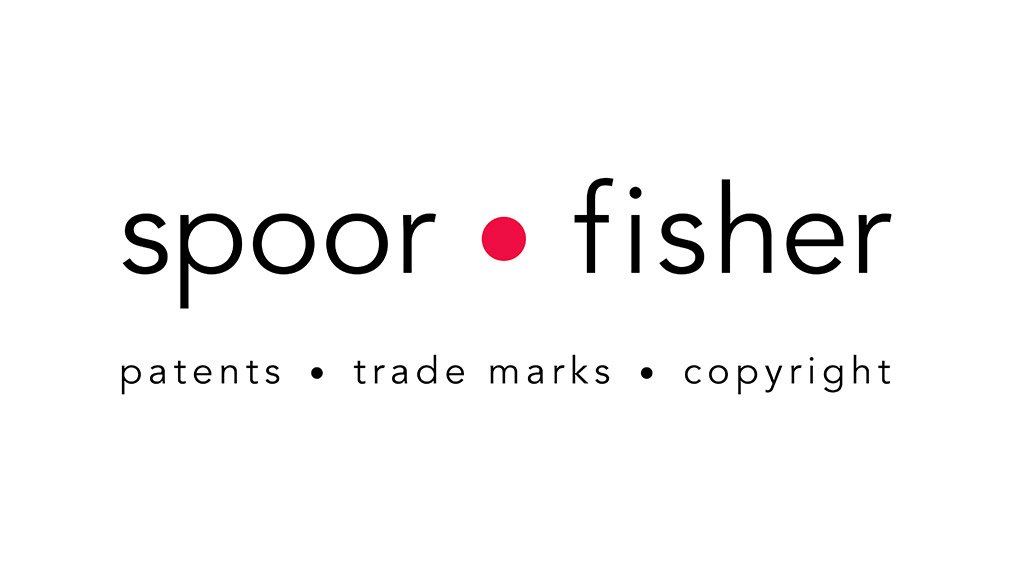The hunt for generous discounts and alluring deals is a lifelong pursuit only accentuated further over holidays like Christmas traditionally associated with gifting and rewarding yourself. Beware, the cheaper price tags of branded clothes, shoes, toys and even your favourite make-up would well be a deception. The end of the year is a busy time for fraudsters – who exploit the fact that you’re distracted and will do anything to find a bargain.
According to The Global Brand Counterfeiting Report 2018, online sales of fake goods accounted for 31% of total counterfeiting-related losses in 2017. Counterfeiting was estimated to have been responsible for losses of $98-billion in the high-end consumer goods sector, with online counterfeiting making up $30.3-billion of the total.
Across all industries, total losses due to counterfeiting in 2017 was a staggering $1.2-trillion and is expected to reach $1.82-trillion by 2020. Online counterfeiting accounted for $323-billion worth of losses last year.
With the level of sophistication that counterfeiters are using on their websites and in their manufacturing, consumer knowledge and awareness is key to avoid being duped and containing the scourge of counterfeits.
In layman terms, counterfeit goods, also known as pirate goods or knock-offs are goods that are produced without the authority of the intellectual property right owner and are often not in accordance with the required quality standards.
The primary objective of the counterfeiters is to deceive consumers into believing that they are purchasing genuine goods.
Consumers often purchase counterfeit luxury items knowingly, as they are not willing to pay the actual purchase price of genuine items. The phrase “faking it till you make it” is often used in that context as one can obtain luxury brands without breaking the bank. This attitude is extremely problematic. What most consumers do not realise is that counterfeit goods form part of a wider scheme of organised crime, which is generally associated with human trafficking, drugs and/or illegal firearm trade.
The trade in counterfeit goods has an impact on the society as a whole. However, counterfeit goods primarily impact brand holders and unsuspecting consumers.
Brand holders spend a substantial amount of time, money and effort into the manufacture and production of products with a view to create a well-known trusted brand for their customers. Counterfeiters on the other hand simply copy the brand. This creates unfair competition as brand owners become trapped in direct competition with counterfeiters that manufacture low quality goods and sell them at a lower price.
The more direct impact is on the consumers as they are deceived into buying an inferior product. Moreover, certain types of counterfeit goods also have serious health and safety risks to the consumer. For example, counterfeit food poses serious health risks as they are often of low quality and not in accordance with the quality standards required.
With the lines between fine and fake goods getting closer, here are a few practical measures you can take to avoid buyer’s remorse this Christmas.
Price: The golden rule is that if the price is too good to be true, it probably is.
Quality: All brand holders and especially those often targeted by counterfeiters, take pride in the quality of their products. If you are buying it at a store, please make sure you are familiar with this checklist to distinguish between a genuine and a counterfeit product.
Poor embroidery;
Loose threads;
Poor stitching;
Poor quality fabric;
No best before date stamps; or
Skew printing of trade marks.
Spelling mistakes: Most counterfeit products are manufactured in countries where English not the first language for example China. Check for spelling or grammatical errors on products if you are not too sure of the source or the store.
Barcodes: Some products will have a code on the packaging as well as on the product. This is particularly so for perfumes. Generally, these codes on the product and packaging should correspond. Should these codes not correspond it is likely that it is not a genuine product.
Online Stores: Genuine stores have secure internet addresses and usually look like this – https:// and appear green in the browser. If the online store you have clicked on, does not start with it, best not to proceed as the payment might not be secure. Furthermore, fake sites do not offer reliable contact numbers nor a physical address.
Written by Kholofelo Ramokgopa, Candidate Attorney, Spoor & Fisher
EMAIL THIS ARTICLE SAVE THIS ARTICLE ARTICLE ENQUIRY
To subscribe email subscriptions@creamermedia.co.za or click here
To advertise email advertising@creamermedia.co.za or click here











